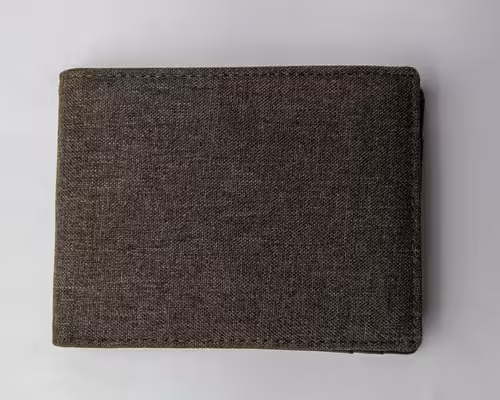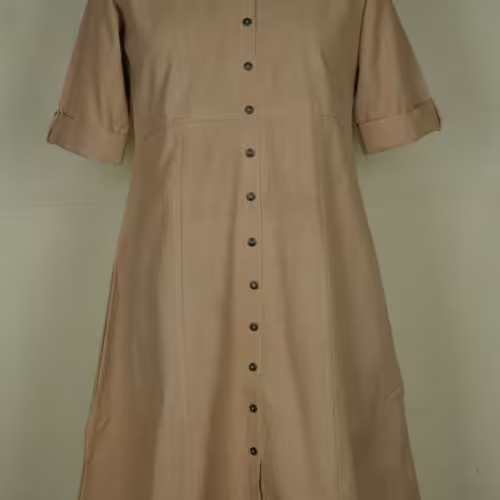Yes, menstrual cups are generally considered safe for most users when used properly. They are made from medical-grade materials such as silicone, rubber, or elastomer, which are safe for long-term use within the body. The benefits of using menstrual cups are as follows.
- Eco-friendly, safe and sustainable alternative to one-use tampons and pads: They are reusable, reducing the amount of menstrual product waste.
- Cost-Effective: A single menstrual cup can last several years, saving money over time.
Health Benefits: They do not contain harmful chemicals, bleaches, or dyes found in some tampons and pads.
Do Menstrual Cups Cause Toxic Shock Syndrome (TSS)?
Toxic Shock Syndrome (TSS) is a rare but serious condition that can occur with the use of tampons, menstrual cups, or other menstrual products. While TSS is more commonly associated with tampon use, there have been a few reported cases linked to menstrual cup use. However, the risk is very low. To minimize the risk of TSS and other infections, it is important to follow these guidelines:
- Hygiene: Always wash your hands thoroughly before inserting or removing the menstrual cup.
- Sterilization: Sterilize the cup by boiling it in water before and after each menstrual cycle.
- Regular Emptying: Empty and clean the cup at least every 8-12 hours, depending on your flow.
- Follow Instructions: Use the cup according to the manufacturer’s instructions and guidelines.
Menstrual cups are a safe, cost-effective, and environmentally friendly alternative to traditional menstrual products. While the risk of TSS is low, it is crucial to maintain proper hygiene and follow usage guidelines to ensure safety. If you have any concerns or experience unusual symptoms, it is advisable to consult a healthcare professional.











